
Pardon the Interruptions
Your Undivided Attention podcast
Read or listen offline
Amazon KindleRecommendation
Former Google design ethicist Tristan Harris has become a household name among those who worry about the addictive and stress-inducing impact of modern technology. He coined the term “human downgrading” to describe how tech companies are exploiting and amplifying people’s most primitive instincts and has become famous for comparing digital phones to “slot machines.” In this episode of the podcast Your Undivided Attention, Harris talks with Gloria Mark, a pioneer in the emerging field of interruption science. Anyone wondering why they can’t stop checking emails and switching tasks will benefit from the discussion’s insights.
Summary
About the Podcast
Tristan Harris and Aza Raskin co-founded the Center for Humane Technology nonprofit to reverse the “digital attention crisis.” Its Your Undivided Attention podcast exposes the design features that capitalize on seizing people’s attention, nudge people toward unhealthy choices and destabilize real-world communities. Here, they interview Gloria Mark – a pioneer in the emerging field of interruption science.









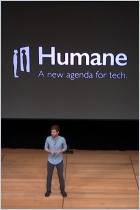
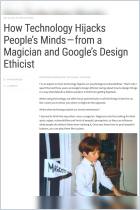
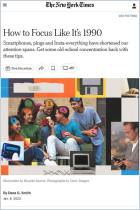

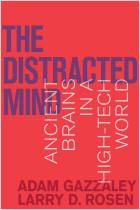
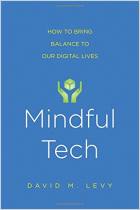
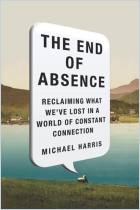









Comment on this summary or Diskussion beginnen